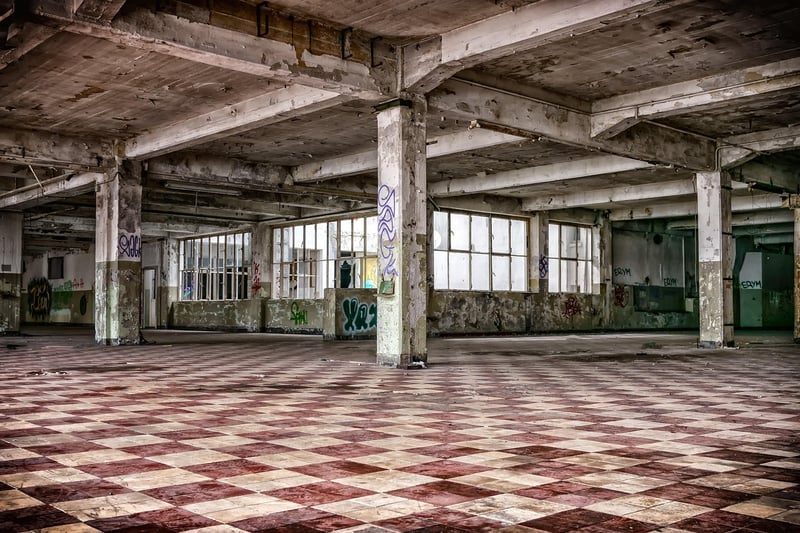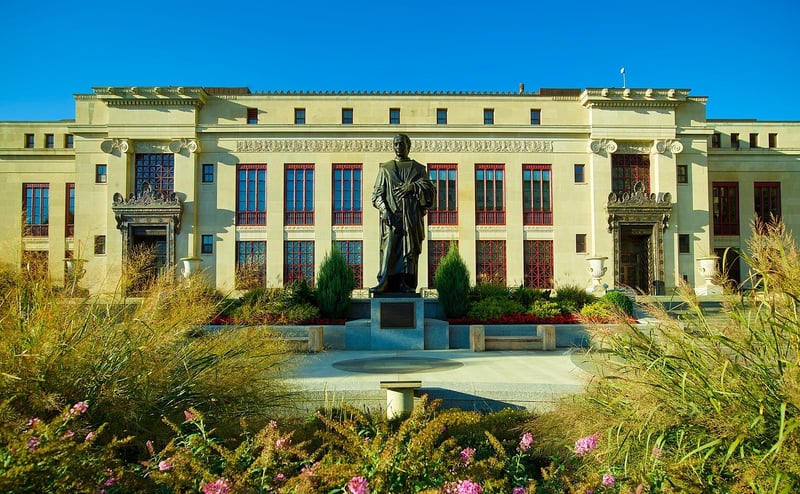Industrial Revolution
Exploring Pivotal Moments of the Industrial Revolution
The Industrial Revolution was a transformative period in history that reshaped economies, societies, and daily life. It marked a shift from agrarian and handmade production to mechanized manufacturing and urbanization. Let's delve into some key pivotal moments that defined this era.
1. Invention of the Spinning Jenny
The Spinning Jenny, invented by James Hargreaves in 1764, revolutionized textile production by allowing a single worker to spin multiple spindles of yarn simultaneously. This innovation dramatically increased the efficiency of textile manufacturing and laid the foundation for the mechanization of the industry.

2. Construction of the First Industrial Factories
The establishment of the first industrial factories in the late 18th century marked a significant shift in production methods. These factories centralized manufacturing processes, bringing together workers, machinery, and raw materials under one roof. This centralization was a crucial aspect of the Industrial Revolution's impact on society.

3. Development of the Steam Engine
The development of the steam engine by James Watt in the late 18th century revolutionized transportation, industry, and agriculture. The steam engine powered trains, ships, and machinery, enabling faster and more efficient production processes. This technology played a vital role in driving the Industrial Revolution forward.

4. The Rise of Urbanization
As industrialization spread, there was a significant shift in population from rural areas to urban centers. The growth of cities was fueled by the demand for labor in factories and mills. This urbanization led to overcrowding, poor living conditions, and the emergence of social challenges that characterized the Industrial Revolution.

5. Impact on Global Trade
The Industrial Revolution had a profound impact on global trade and colonialism. The mechanization of production processes increased the demand for raw materials, leading to the expansion of international trade networks. European powers used their industrial capabilities to dominate global markets and establish colonies to secure resources.

These pivotal moments of the Industrial Revolution shaped the modern world and laid the foundation for the technological advancements and societal changes that followed. Understanding these key developments is essential to grasping the profound impact of this transformative period in history.
